Associate Professor David Alonso
David.Alonso@physics.ox.ac.uk
A world top-10 Physics department, our international research environment (most of the 132 professors, 210 fellows and 406 PhD students are from outside the UK) is stimulating and creativity thrives. Oxford's interest in Rubin stretches from the moment photons hit the detector to the final scientific results. Groups play leading roles in instrument and hardware development (Shipsey), software (Azfar, Lintott), database development (Tseng) and citizen science (Zooniverse/Lintott), cosmological pipelines and analysis (Alonso, Jarvis), strong lensing (Verma), galaxy evolution (Davies, Jarvis, Lintott, Verma), cosmological theory (Alonso, Ferreira) and multi-messenger transients (Tseng, Azfar). We also benefit from close interaction with the Departments of Engineering, Mathematics and Computer Science, which have stimulated a fruitful interdisciplinary research environment. Fellows will benefit from this joint expertise, allowing them to tackle Rubin-related challenges from a wide range of angles. Our deep involvement in different aspects of the project allow fellows, from the beginning, to insert themselves at the core of the work carried out within the different science collaborations to prepare for the data. An Oxford strength is our leadership and prominent roles in a range of facilities and surveys operating across the electromagnetic spectrum. We are the largest UK Rubin group and are also leading members of Euclid, SKA, the Simons Observatory, and CTA. We have a track record of providing high quality mentorship: of the 71 (17) postdoctoral fellows of the Beecroft Institute for Particle Astrophysics and Cosmology (Hintze Centre for Astrophysical Surveys) since 2001, 57 (14) are now in academic positions or are working in research in national and international laboratories. All fellows have an experienced lead mentor, with specialized mentors (e.g. in public engagement) also available, and the opportunity to teach and participate in world-leading public engagement.
Fellows will be able to supervise graduate students who have an experienced co-supervisor but work on a day-to-day basis with the fellow. Fellows can also supervise Master’s research projects. Our research facilitation team will provide support to fellows to develop their own research proposals. Fellows are encouraged to participate in our courses on research management, grant writing, communication, leadership, teaching and engagement. A full-time public engagement team supports academic staff in developing and delivering their own innovative and wide-reaching public engagement programs, with a focus on underrepresented communities
https://www.physics.ox.ac.uk/research
https://www.physics.ox.ac.uk/research/group/rubin-lsst/lsstc-catalyst-fellowship



